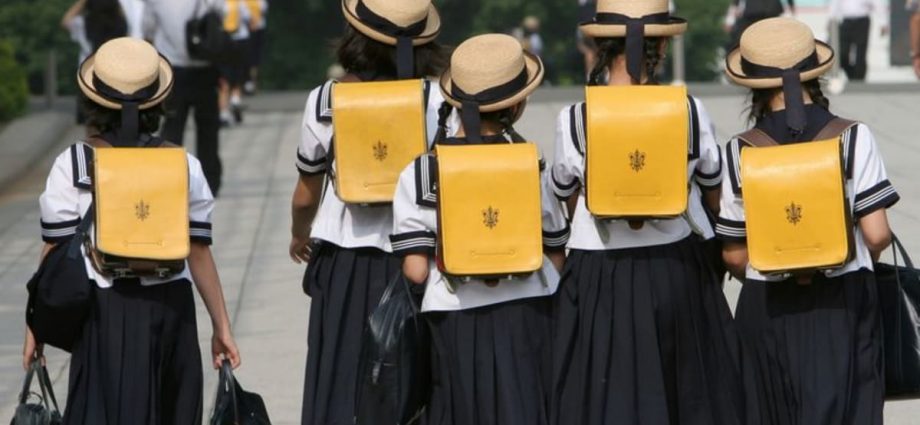
“Don’t blame women for the low birth rate,” tweeted Ayako, a 38-year-old Tokyo resident without children, who used the hashtag to call for recognition of “various choices” in life.
She told AFP that Japan’s traditional gender roles are central to the problem.
A 2021 government survey found that Japanese women spend around four times as long on chores and childcare as men, even with more husbands working from home.
Ayako is outspoken online, but said she finds herself “shunned” when she speaks about gender-related issues in real life, and preferred not to give her surname.
“It’s hard to raise your voice in the real world. I feel like women receive so much criticism just for expressing their opinions,” she said.
On social media, however, “I’m often surprised to find other people with the same views.”
“ECHO CHAMBERS”
Yuiko Fujita, a media and gender studies professor at Meiji University, said social media has become a way for women in particular to discuss political and societal issues with less fear, often anonymously.
Other birthrate-related hashtags, railing against mothers being “single-operator childcare services” or lamenting rejected nursery applications, have also gone viral.
But the outpouring has limited impact outside the “echo chambers” online, warned Fujita.
“Unfortunately … not many of these voices make it beyond the community of women to reach the political arena.”
Experts believe the declining birth rate is a complex problem with numerous roots.
Just 2.4 per cent of births in Japan are outside of marriage, the lowest among the OECD group of 38 countries – a figure often attributed to conservative norms and financial structures that favour families.
Some point to economics, arguing the country’s long-stagnant growth discourages couples from having babies.
Policy changes such as expanding daycare provision can help boost birth rates, but the increase is often “temporary”, said Takumi Fujinami of the Japan Research Institute.
As well as equality when it comes to household chores, he said, “long-term economic stability and rising incomes are key.”

